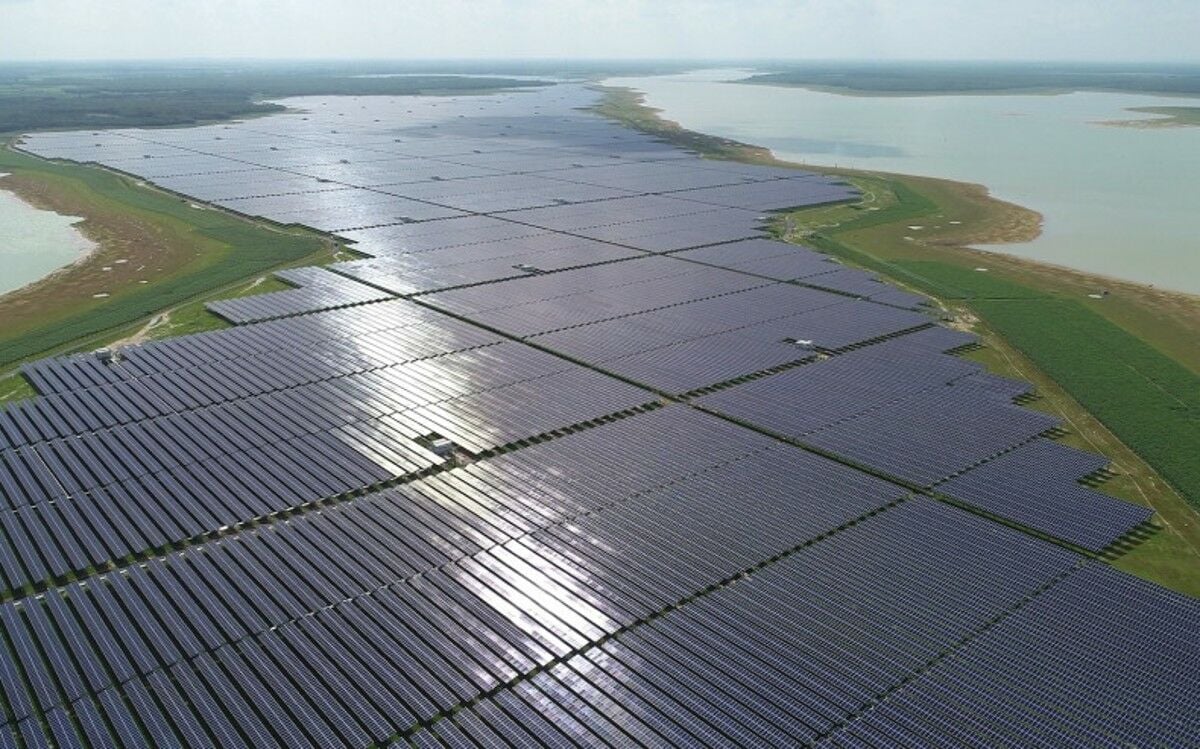Power play: B.Grimm sets sights on electrifying China and Greece

B.Grimm Power appears to be on a mission to take over the global energy scene, with China and Greece now in its sights. The Thai energy giant is exploring renewable projects in these two countries, aiming to add several hundred megawatts to its portfolio.
CEO Harald Link teased the plans but kept most details under wraps, stating that talks were still in early stages.
Already a big player with 4 gigawatts of generating capacity, B.Grimm is pushing to more than double that to 10GW by 2030. The company, which belongs to Thailand’s oldest conglomerate, has been ramping up its renewable energy business since 2015, said a spokesperson.
“Overseas investments have significant risk with different rules and regulations. We have to accelerate the foreign expansion to meet our aggressive growth plan.”
B.Grimm isn’t just sticking to the Asia-Pacific region. With generating plants in the United States, Italy, Australia, and across Asia, the company is focusing on international growth. South Korea is also on their radar for future solar and wind projects.
But the expansion isn’t limited to renewable energy. At home, B.Grimm is planning to triple its imports of liquefied natural gas (LNG) in 2024 to around 450,000 tonnes, after making its first direct LNG purchases this year.
Despite these grand plans, the company has faced some setbacks. B.Grimm’s stock has dropped 14% this year, with a market capitalisation of around 60 billion baht. A 44% plunge in net profit during the first half of the year, due to falling demand from industrial customers in Thailand, has raised concerns. However, the company remains undeterred as it eyes global energy dominance, reported Bangkok Post.
In related news, WHA Utilities and Power (WHAUP), a subsidiary of Thailand’s largest industrial land developer WHA Corp, is set to invest 2.3 billion baht to bolster its operations and meet the rising demand for water and renewable energy in Thailand and Vietnam.
A significant portion of this budget will be directed towards expanding renewable energy, aiming to achieve an electricity generation capacity of 1,000 megawatts through power purchase agreements with the government.
Latest Thailand News
Follow The Thaiger on Google News:


























